Basic Camping Essentials Checklist
South Africa - Africa
A comprehensive beginners guide to essentials for a camping holiday
(Please note this is not a product review but a general list of products that can be useful for sleeping outdoors)
Is camping for you?
You’ve heard your friends rave about sleeping under the stars, spending time outdoors and breathing in some fresh air. While a comfortable bed with crispy linen and en-suite bathrooms are ideal for many travellers, it is impossible to ignore the advantage and popularity of camping.
Camping is a great outdoor activity for the whole family, a couple or even a solo escape. It is also budget friendly especially whilst on a road trip. But what do you need to pack for your first camping trip?
If you have never camped in your life before, the first thing to ascertain is if camping is for you. You either love it or you hate it. We know many people who will never set their foot in a tent and that is fine. Others love it and it almost becomes a way of life. One of the advantages is that you can have a breakaway more often because it usually costs less than staying in accommodation.
Camping equipment with a few luxuries
Camping essentials
One can rough it for an overnight stay or two but what if you want to stay longer and have at least some of those home comforts?
We have been camping for more than 40 years so it is safe to say we know a bit about camping. We even had our honeymoon in a tent. We have used little two-man tents, moved on to dome tents and now own an off-road caravan. Camping in itself is an adventure but camping off-grid in parts of Africa can be quite challenging but just as much fun.
Camping on a road trip through Zimbabwe
It is a good idea to test the waters and camp with friends or loan some equipment if you are not sure if you will enjoy it. If you discover this is a great way for you and your partner or family to spend some holidays, then go ahead and use this list to see which necessities you need to acquire and pack.
Why do you need a list? It is so easy to get carried away when browsing outdoor and camping shops because there are so many super gadgets and gimmicks waiting for you to purchase them and fill your garage or storeroom to bursting point. Before you go ahead and buy, check this list (and do not panic when you see the length of it).
No second guessing, and it is not a necessity to buy everything the first time you go camping. Acquire the essentials first and over time you can add to your outdoor equipment.
There are some must have items. If you plan to camp often it is worth putting a great deal of thought into your requirements. – E.g. climate you will be camping in, size of family, where you are going to camp, what level of comfort you want.
Basic camping in Mozambique with a trailer and rooftop tent
Hot tip:
Before you buy, hire or borrow some camping equipment and make your first camping trip a short one close to home.
Camping equipment List
Tent
Tent pegs, anchor pegs, poles
Guy ropes
Hammer or camping mallet to knock pegs in
Ground sheet
Gazebo or shade awnings, poles, pegs and ropes
Storm strap
Camping lights, torches, headlamps
Gas cylinder and cooker top or stove
Lighter or matches
Crates, plastic holders or bags for packing
First aid kit
Fire extinguisher
Mattress, stretcher or sleeping mat
Spade
Cooking, barbeque/braai utensils
Portable barbeque/braai
Grid for cooking over coals
Tongs
Heat or oven gloves
Black cast iron pot
Saucepans/ frying pans/ wok
Charcoal, briquettes, wood, fire lighters
Axe
Electrical equipment
Kettle
Camping fridge/freezer
Extension lead
Adaptors or multiplugs
Portable induction plate
Kitchen utensils
Eating utensils - crockery & cutlery
Cooking utensils - spatula, wooden spoon, sharp knife, can opener
Plastic basin/bucket
Broom/dustpan/hand broom
Washing & drying cloths, scourer
Dishwashing liquid
Multi-purpose surface cleaner
Washing powder
Plastic containers – reusable
Aluminium foil
Carlton roll/serviettes
Pegs for washing/ washing line or clothes horse
Cooler box & ice bricks
Water jug/container
Personal/Miscellaneous
Sleeping bags/Duvet/Blankets
Pillows & pillow slips
Duvet cover & sheets
Bath towels
Swimming towels
Shampoo/conditioner
Sunscreen & lip balm
Hand towel for car
Insect spray
Mosquito repellent
Liquid hand soap/hand cleaner
Bathmat or old towel - feet/shower
Tissues
Spare toilet tissue
Extras/nice to have when camping:
Flask for hot water
Plastic/paper bags for collecting litter
Rucksack/backpack – for short walks or hikes
Suitable clothing for camping according to the climate
Coffee maker/percolator
Utility gloves for setting up camp – protects your hands from scratches and bruises
Food for self catering
(To be covered in a separate list and blog)
Camping Essentials
Hot tip: Before you buy, hire or borrow some camping equipment and make your first camping trip a short one close to home.
Off-grid camping in Mabuasehube, Botswana
To make your life easier I have created a Free downloadable PDF file for you to tick off when you pack for camping:
Downloadable Camping List - PDF
Different tents
Comprehensive information of camping equipment:
Tent, pegs, poles and guy ropes.
Whilst it is not always essential to have a tent it certainly is useful. It protects you to a certain extent from the elements, keeping you dry and warmer or sometimes even cooler. It also helps to keep some of your camping equipment and accessories dry.
There is a wide range of tents. Match your choice to your needs. Is it for overnight stays or for longer breaks? Hiking trips or family holidays?
Dome tent with flexible poles and small awning
Different types of tents:
Dome and geodesic tents
Frame tents
Tunnel tents
Pop up tents
Inflatable tents
Rooftop tents
Inflatable mattress in the tent and basic camping equipment.
Handy tips to buy the best tent for your requirements:
Size of tent – Tents come in so many different shapes and sizes. Tents are usually classified in the quantity of people that can fit in the tent. Take note, that means how many people fit in without any extra space for clothes or other camping equipment. In other words, a two-person tent will only have space for two people. What else do you want to store in the tent? Clothes? Do you need to sit in the tent (or lie on your bed) if the weather is foul? Take into account the length and height of the tent if you are tall. Being crouched even for a short period of time can be uncomfortable.
A good tent should have ventilation to manage condensation. Windows with flysheets and covers add to ventilation and allowing light into the tent.
Material and grading of the tent is essential if you are camping in extreme conditions. Will it be sufficiently waterproof?
Zips should be of good quality and strength and should move freely.
Consider the weight and size of the tent once it is folded. How much space have you got to transport it?
Pegs, poles and guy ropes - Majority of the time pegs and ropes are needed to secure the tent to the ground. No matter what tent you buy, you will always need to secure it somehow. If that gust of wind comes up, you might be waving goodbye to your newly acquired camping abode. Poles should be of good quality as they can bend easily in the wind.
We find anchor pegs are essential, especially when camping at the coast and in high winds. Those are v shaped and give a better grip in the soil or sand. Flimsy metal pegs bend so easily and pull out with the slightest little gust of wind.
Guy ropes are often provided with the tent but sometimes it is worth having a few spares. Extra pegs, poles, cord replacements and a tent repair kit are worth having.
Hammer or camping mallet to knock pegs in
Ground sheet - Some tents have attached ground sheets but we like to have a separate one to step onto when walking in or out of the tent. Some campers take it further by putting a separate groundsheet underneath the tent for extra insulation and to keep the base of the tent cleaner.
A groundsheet used under a tent is useful
Gazebo or shade awnings, poles, pegs and ropes - Do you need a separate gazebo or shade awning to sit under or will your tent have an attached porch with an awning? Shade is essential when camping and often one does not have the luxury of being able to camp under a few lovely trees that provide shade.
We have often used our gazebo as our kitchen where we store our table, chairs, fridges and camping boxes.
Gazebo used for kitchen equipment and to provide shade
Table & chairs –Not every campsite has a permanent table and chairs. Camping in comfort with good folding chairs are a necessity in my opinion, especially if you sit for a lengthy period. Take note of the size when they are folded. A fold up table is handy when preparing food and if you have room for smaller tables they can be used for putting a few useful items close at hand such as your binoculars, camera, book or mug/glass.
Camping equipment: gas cooker, portable barbeque, fold up table, basin, metal bucket.
Camping lights, torches, headlamps – Even if there are lights around the campsite it can be very dark on the other side of the tent or behind a tree or building. Lighting is essential, in the form of torches, headlamps and free standing or hanging lamps. There is a wide range of rechargeable or electricity lights as well as solar powered.
They do help to light your way and prevent accidents of tripping over objects such as roots of trees or guy ropes and tent pegs.
Gas cylinder and cooker top or stove – Not every campsite has electricity. Campfires can be sufficient for some but for more convenience it is advisable to have a gas cooker.
Lighter or matches
Crates, plastic holders or bags for packing – We find these useful to keep camping equipment contained and in their separate housing. We have divided boxes into various categories such as one for food, one for crockery and cutlery, one for cleaning equipment and one for sundries.
Spade – A spade is often useful when camping or even off roading.
Storm straps help to secure your tent or gazebo during high winds.
First aid kit – It is always essential to have a first aid kit at hand when out in nature or traveling.
Fire extinguisher – When camping fire can quickly intensify and spread. A portable fire extinguisher is essential and we have packed one on just about every camping trip we have been on.
Mattress, stretcher or sleeping mat – Choosing something to sleep on while camping is a personal preference. Once again there is a wide range from inflatable mattresses to high density foam, foldable or roll up mattresses or mats. Some campers prefer to sleep on a stretcher. I suggest you try a few options before buying. They must offer good insulation as sleeping on the ground even on a mattress can be quite cool. They should withstand the coldest temperatures you will be camping in.
Campfire cooking utensils
Cooking, barbeque/braai utensils
Portable barbeque/braai – If you are cooking over fire or coals, not every campsite has a barbeque area and they often do not allow you to make a fire directly on the ground. A portable fold up barbeque comes in handy.
Cooking a leg of lamp in a flat cast iron pot
Grid for cooking over coals
Tongs to turn food or coals
Skillet or wok
Heat or oven gloves are handy to prevent you from burning your hands when lifting lids.
Heat or oven gloves and tongs
Black cast iron pot – Three legged or flat cast iron pots are a firm favourite for cooking in for South Africans called potjies. From stews and curries to baking breads and cakes, they are very versatile.
Potjies or three-legged cast iron pots. Heating water in a metal jerry-can or kettles
Did you know:
A good rough calculation of the size of a pot and how much servings it holds: The number of rings on your three-legged pot multiplied by the size of the pot equals the number of servings it can make. For example, if a size 3 pot has 4 rings on the outside, it can hold up to 12 servings of your favourite stew or curry.
Saucepans/ frying pans/ wok
Charcoal, briquettes, wood, fire lighters – Depending on the rules and regulations of your camping spot or country, use what is applicable. Fire lighters seem to be a South African ‘thing’ and is used regularly to get a fire going.
Fire made with wood and briquettes
Axe – If you are cooking with wood, an axe is useful for making kindle or chopping wood into smaller pieces to start a fire.
Electric kettle and coffee maker on a gas stove
Electrical equipment
If you are fortunate to have electricity or power available a few handy gadgets are worth packing.
Kettle – this is not a necessity, but we have found a small kettle works well when camping.
Camping fridge/freezer – Depending on the food you will be packing, a camping fridge and/or freezer is probably one of the most useful items to have and most expensive. Choose carefully. Think about the capacity, whether you need just a fridge, a freezer or both. There are combination fridge/freezers but bear in mind the insulation capacity of the lids.
Which power source does it use? Consider the size when packing it in your vehicle, including its height.
Extension lead – You may have an electricity supply at your campsite, but often it is metres away. Most of the time your electrical gadgets or equipment will most likely be closer to your tent.
Adaptors or multiplugs are useful, especially because we have other electronic gadgets that need to be charged such as cellular phones, cameras, etc.
Portable induction plate can be advantageous if you have electricity at your campsite
Campfire cooking - Bobotie and rice, a traditional South African dish cooked in a cast iron pot
Kitchen utensils
Eating utensils - crockery & cutlery
Cooking utensils - spatula, wooden spoon, sharp knife, can opener
Plastic basin/bucket – handy for washing or carting cutlery and crockery to the scullery.
Broom/dustpan/hand broom
Washing & drying cloths, scourer
Dishwashing liquid
Multi-purpose surface cleaner
Washing powder
Plastic containers – reusable – large and small
Aluminium foil
Cooking potatoes, onions or butternut in foil on the coals
Carlton roll/serviettes
Pegs for washing/ washing line or clothes horse
Cooler box & ice bricks – if you do not have a fridge or freezer, this would be your next go to container for storing food. Bear in mind the limited time it will keep food cool.
Water jug/container
Camping boxes or crates for storage
Personal/Miscellaneous
Sleeping bags/Duvet/Blankets – Sleeping bag or quilt/duvet? The climate is the main factor that will dictate which is best for your camping needs. Over our 40 years of camping we have used them all. We have now opted for a duvet for ease of use and not having to lie on a zipper.
Pillows & pillow slips
Duvet cover & sheets if you are using a duvet
Bath and swimming towels
Shampoo/conditioner
Sunscreen & lip balm
Hand towel for car
Insect spray
Mosquito repellent
Liquid hand soap/hand cleaner
Bathmat or old towel - feet/shower
Tissues
Spare toilet tissue
Extras/nice to have:
Flask for hot water
Plastic/paper bags for collecting litter
Rucksack/backpack
Suitable clothing for camping according to the climate
Much more than basic camping equipment
Food
If you are self-catering, food is an obvious necessity. This will be covered in a separate list and blog.
Don’t forget to download your free downloadable Basic Camping Essentials Checklist here.
Dismantling camp - dome tents with flexible poles
I hope this list will prepare you for your first camping trip. Have I inspired you? I hope so. Do let me know where your first camping experience is!
Interested in other lists for road trips and adventures?
The ultimate essential items packing list for a road trip
Ultimate adventure road trip essentials: A packing list for your vehicle
Related blog posts:
On Pinterest? Pin for later!
Find Roaming Fox on Social Media
Step by step instructions on how to leave a comment on my blog:
Type in your comment in the comment box.
Click ‘Post Comment’
Briefly a message should appear saying you are not logged in, then a box with ‘Post a Comment’ will appear for you to complete with your name, email address and website URL (if you have one).
Fill in your first name and email address in the appropriate section. (Your email will not be made public and will not be used for any other purpose than for you to get a notification of a reply to your comment.)
Click ‘Comment as Guest’ and you’re good to go!
To subscribe to my blogs, please fill out the SUBSCRIBE form.
Thank you.
I know it is quite a process, but it helps keep our websites secure. Your email address will not be shared or displayed.



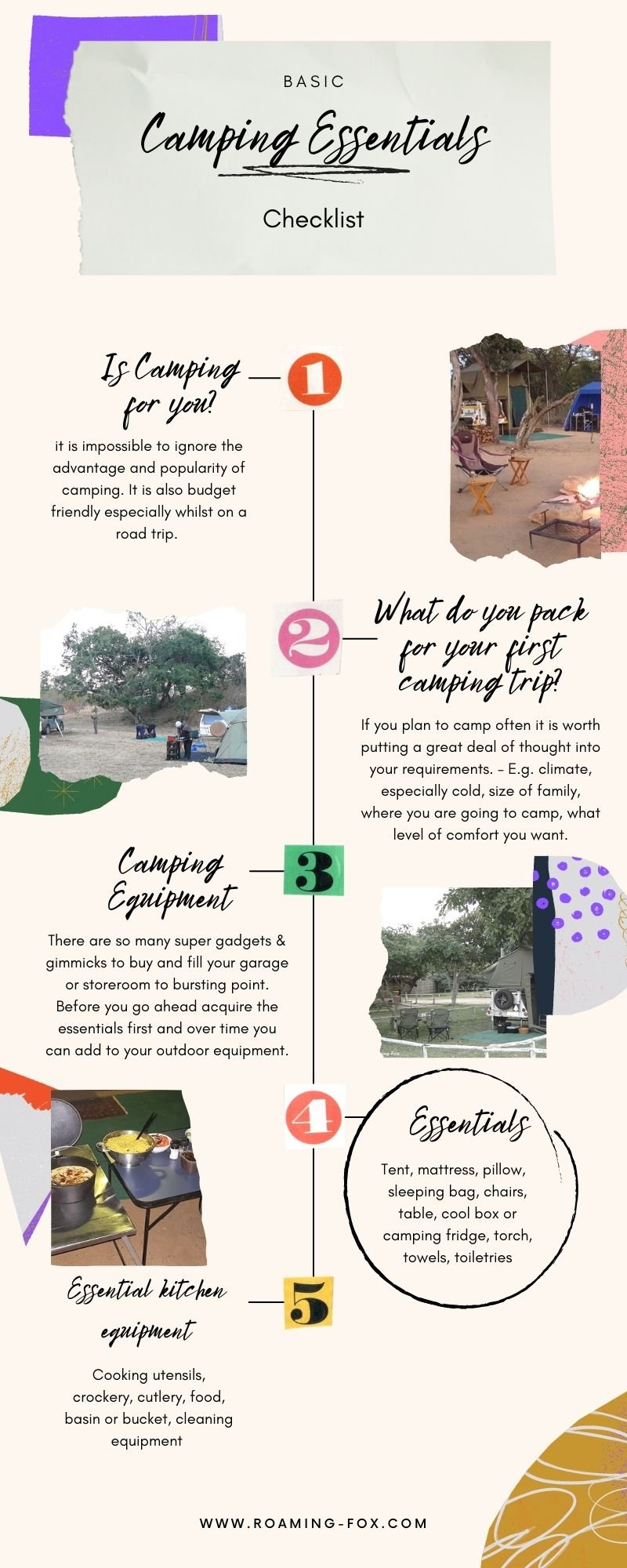









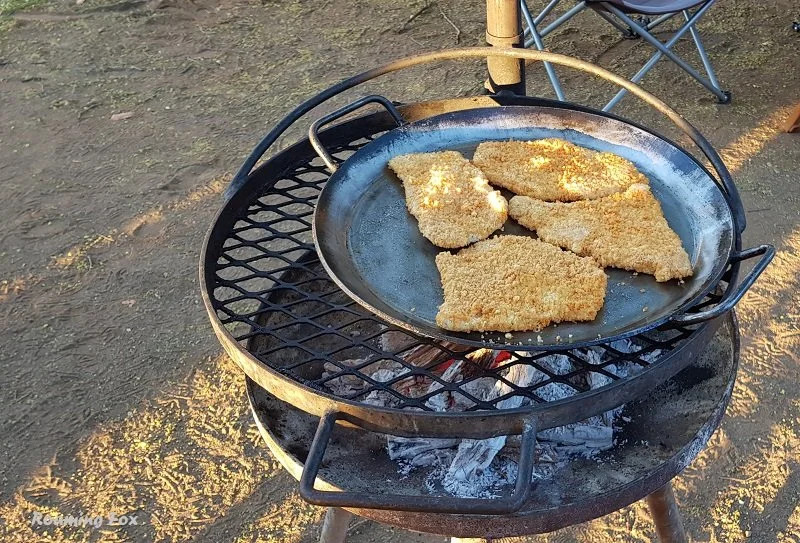

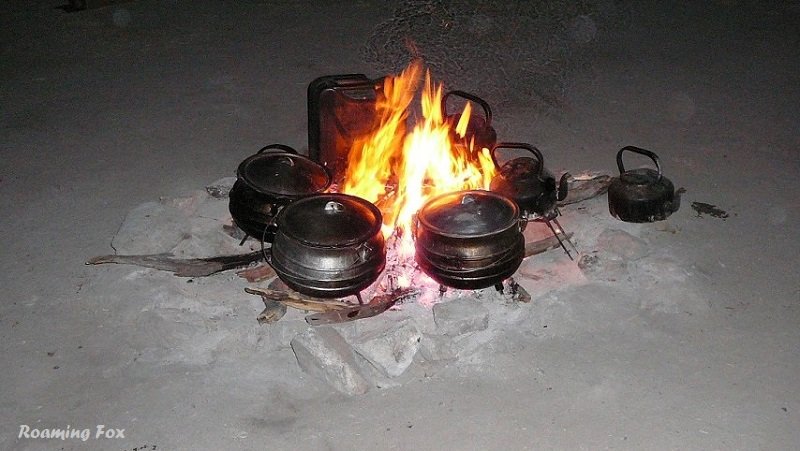

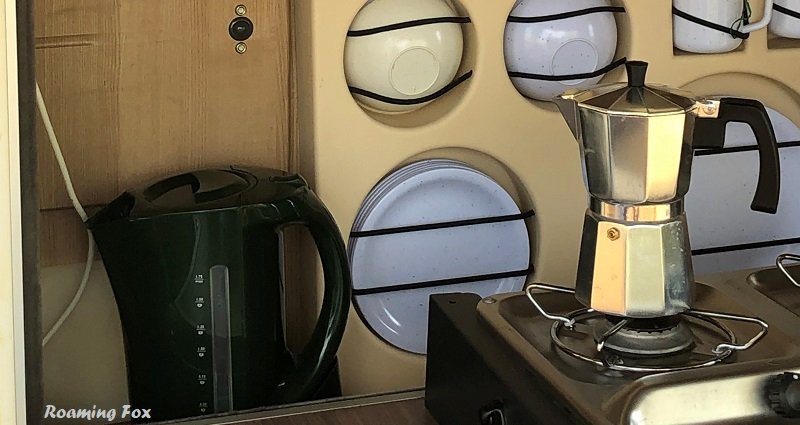

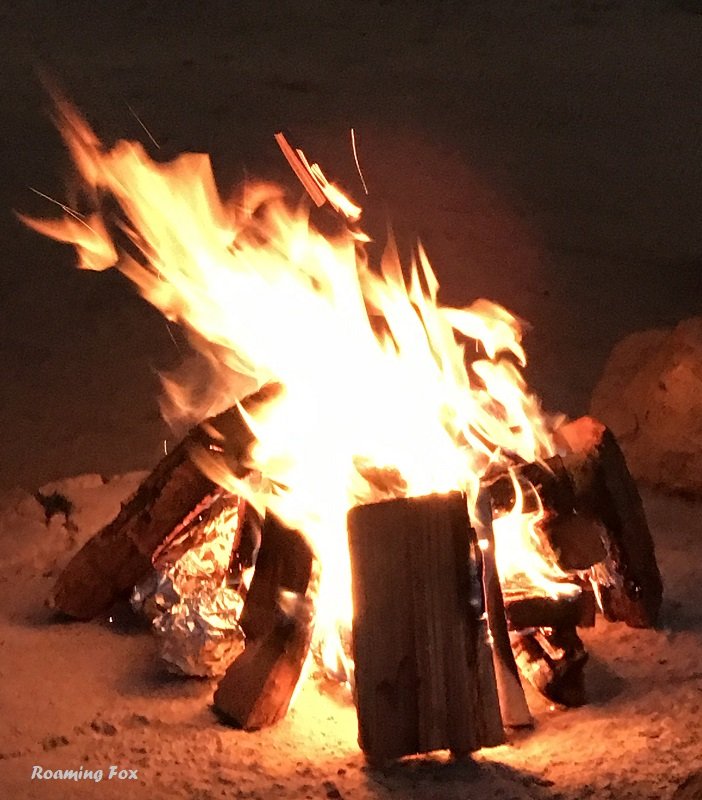


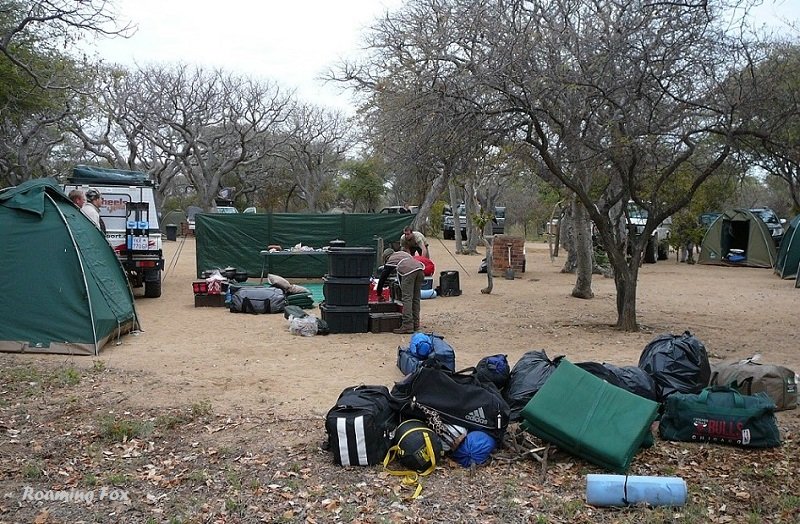
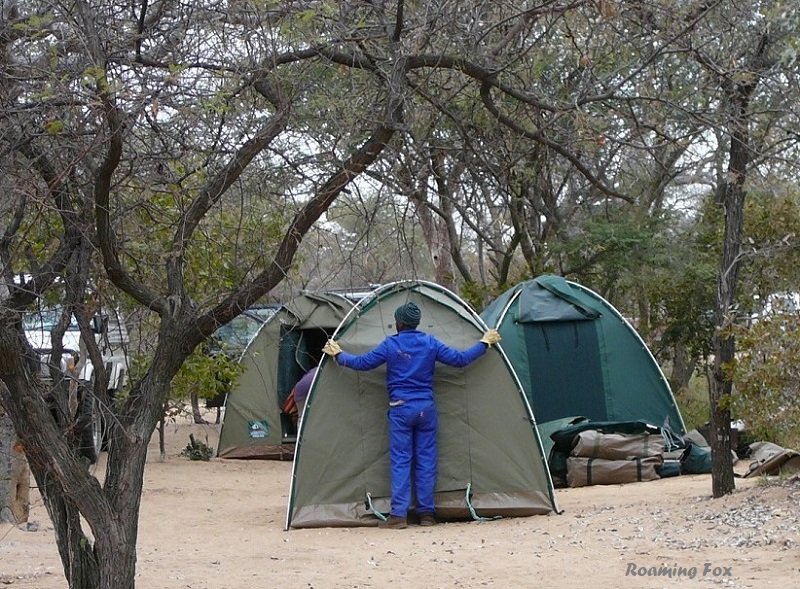



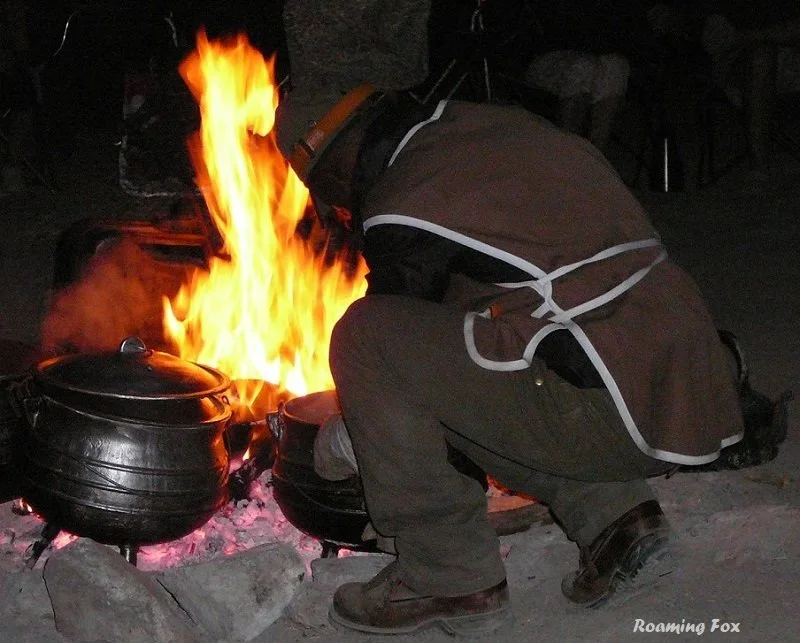


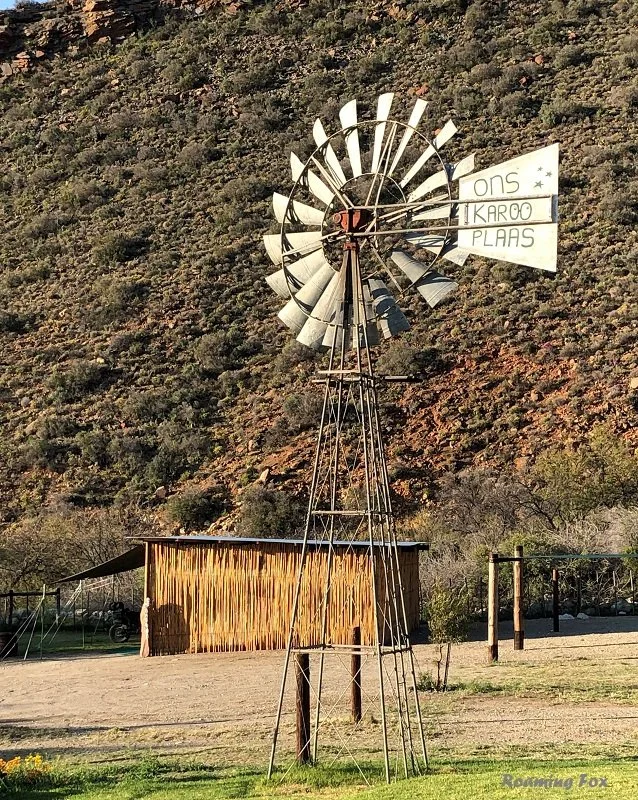

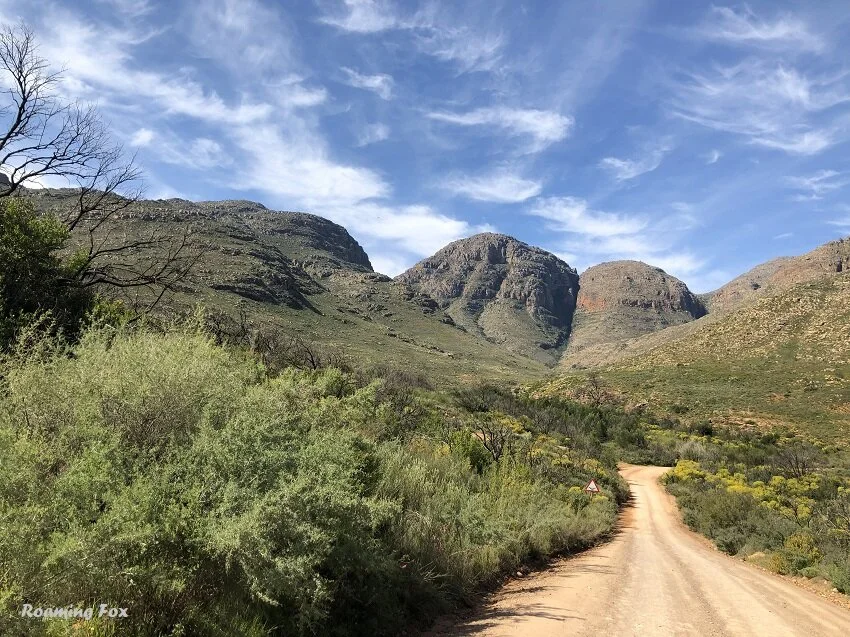


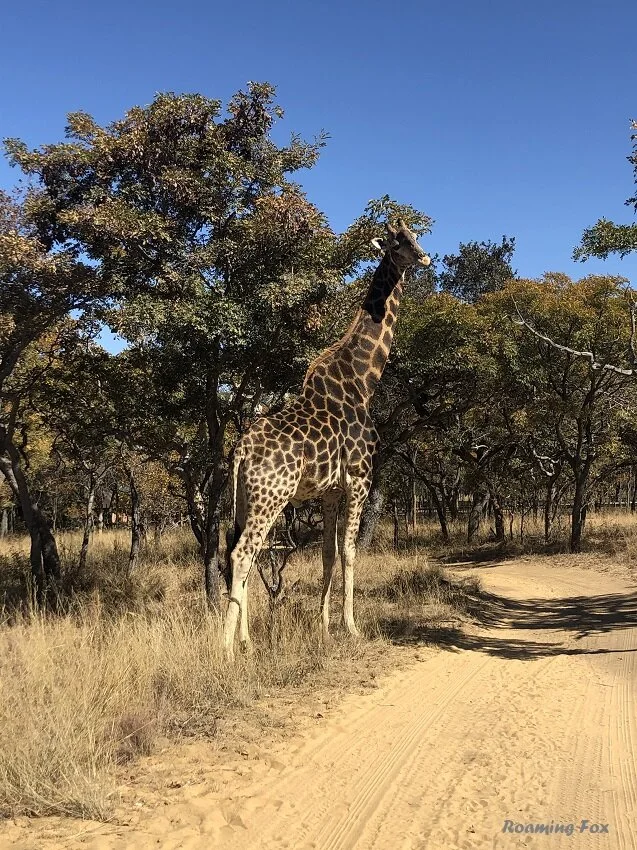
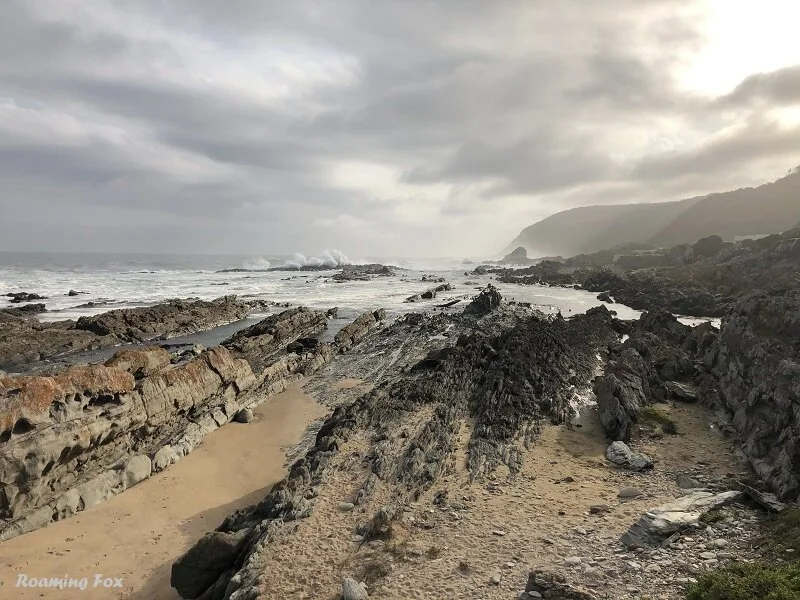
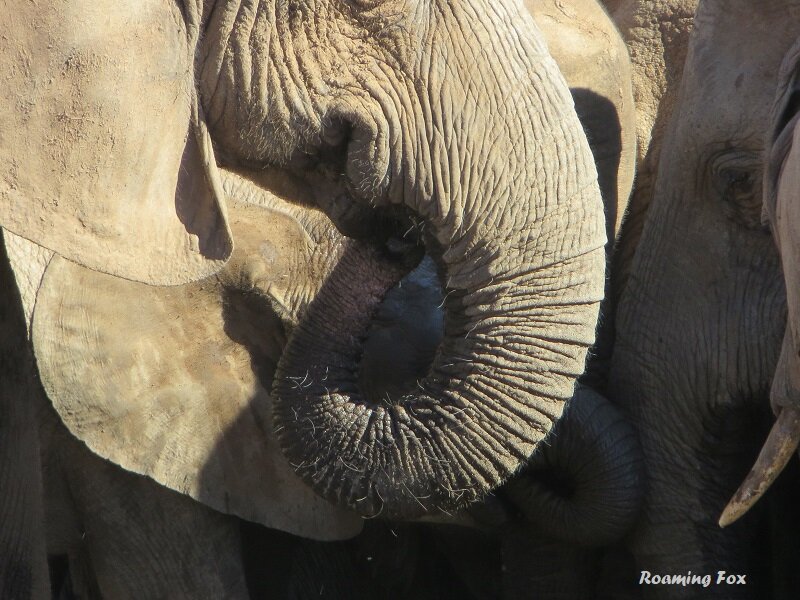
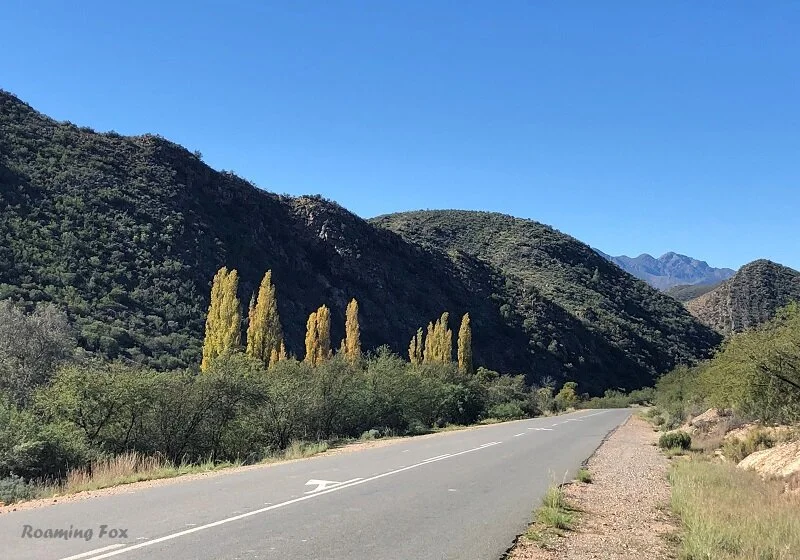




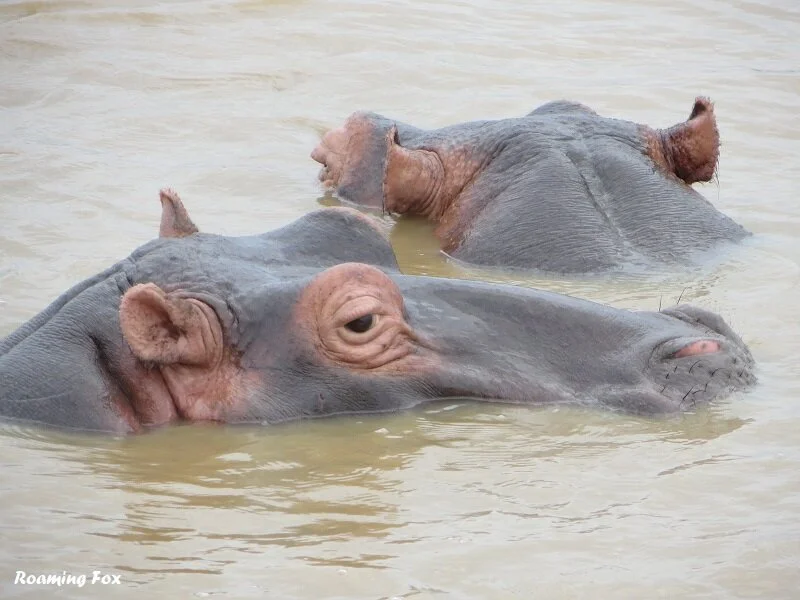


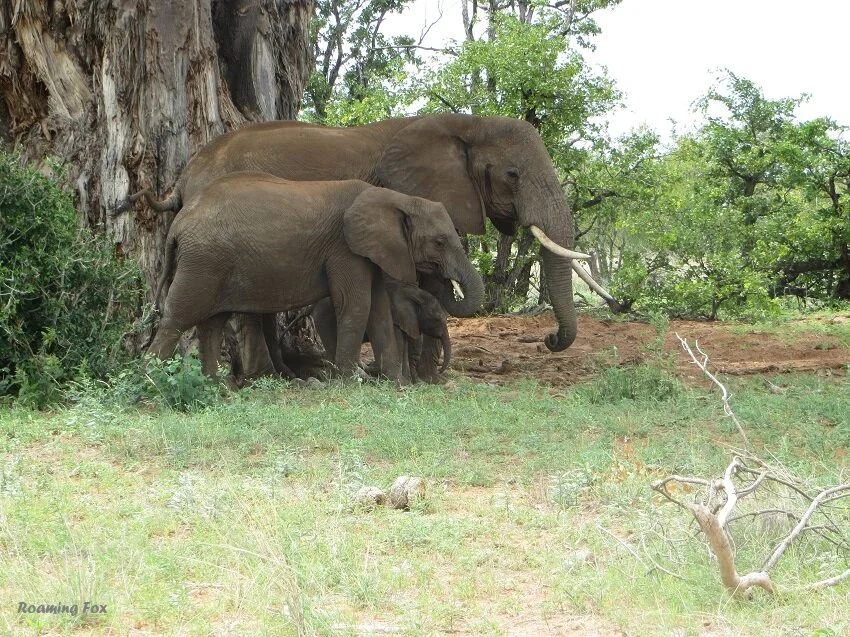
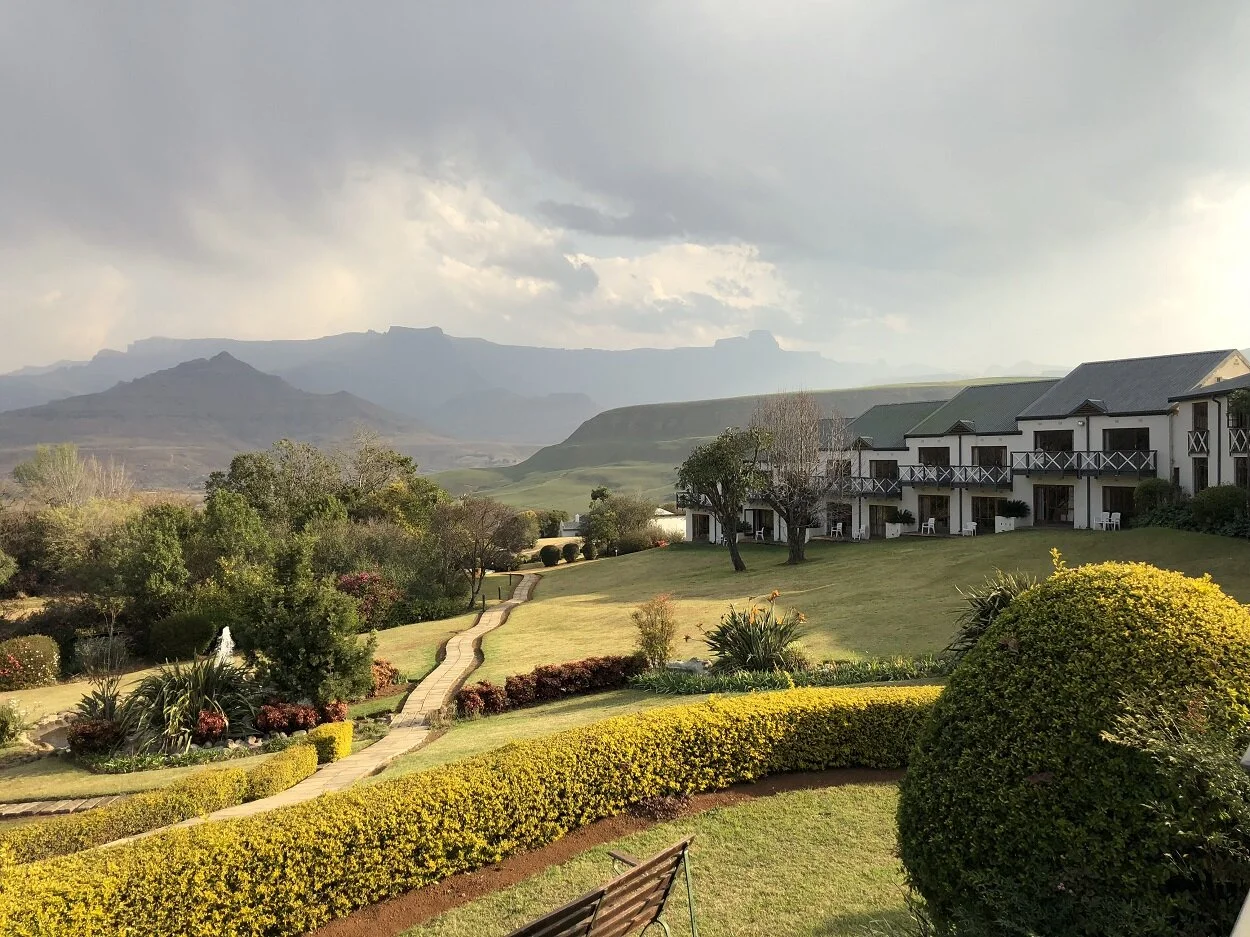
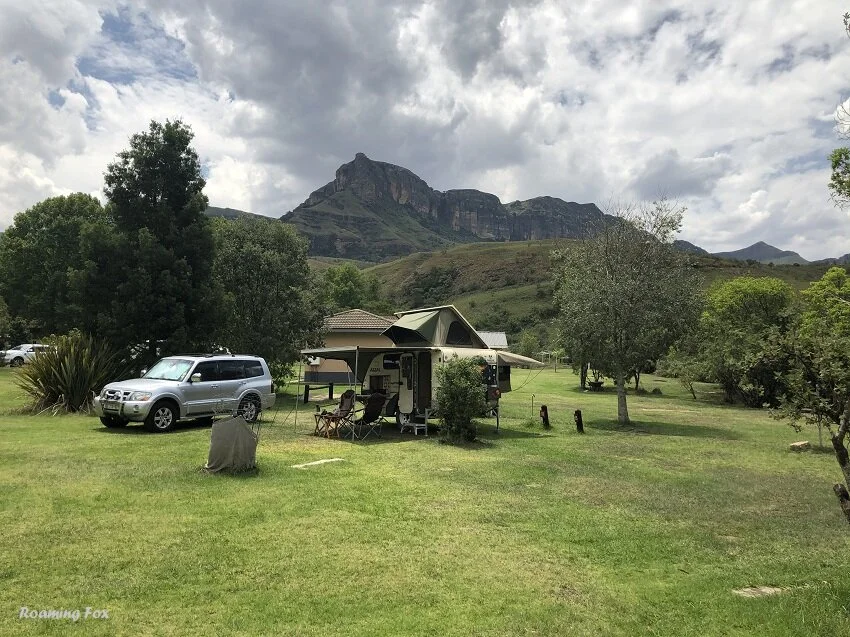

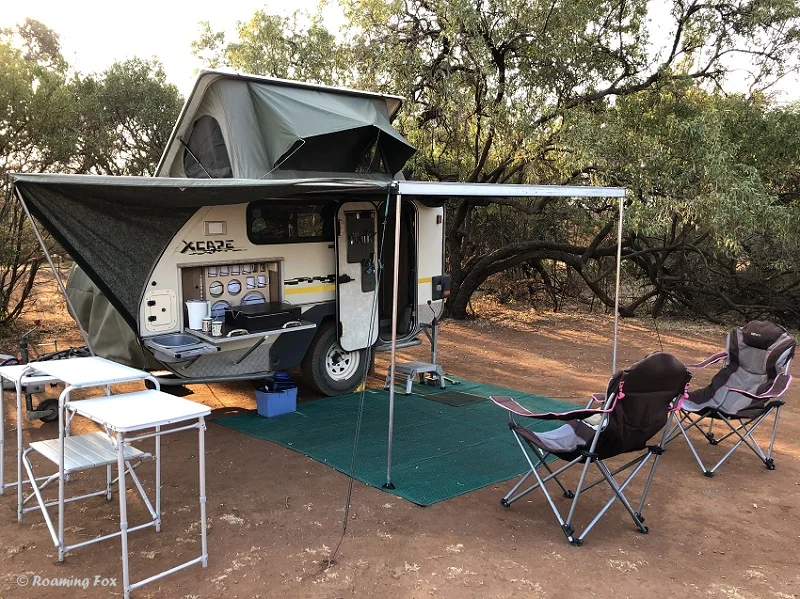




Remote, rugged and untamed, Mana Pools is not the easiest safari destination to get to in Zimbabwe. Perhaps that is why it is the ultimate location for adventure addicts that love off the beaten track places.